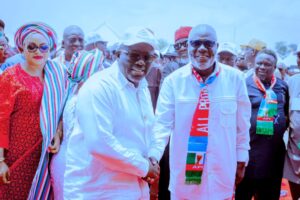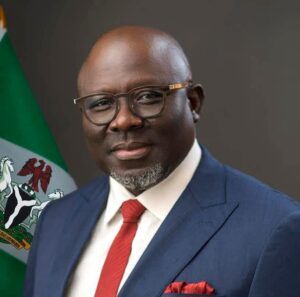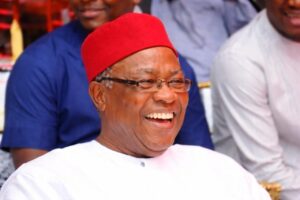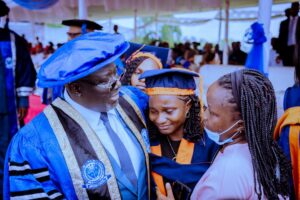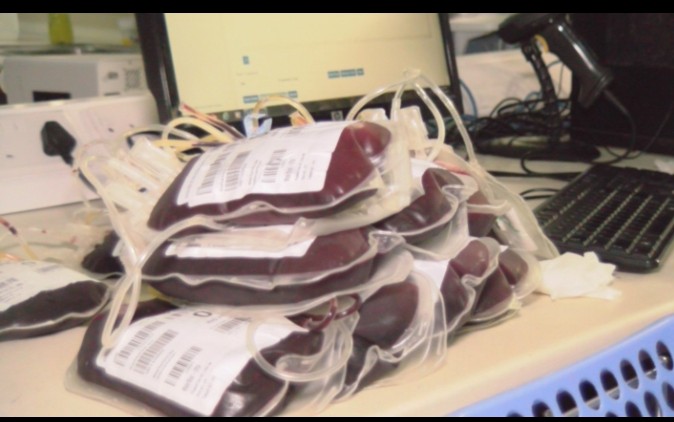
Blood sacs
By Hillary Thompson, Accra
Corruption Watch investigation and SpyNews in team work has uncovered the illegal collection of fees for blood supply by a syndicate operating within the National Blood Service at the Korle-Bu Teaching Hospital and the Greater Accra Regional Blood Bank.
At the Greater Accra Regional Hospital, a staff collected GH¢300 for a pint of blood while the leader of a syndicate operating within the National Blood Service at Korle-Bu Teaching Hospital demanded GH¢750 for a pint of blood.
Chief Executive Officer (CEO) of the National Blood Service, Dr Justina Ansah, has indicated that no patient is expected to pay more than GH¢150 for blood.
Corruption Watch’s Francisca Enchill and SpyNews found the distressing experience many patients go through as a result of this illegal practice.
In Ghana, six out of every 1,000 population donate blood instead of a minimum of 10 people.
According to the National Blood Bank, the national voluntary blood donation rate has steeply declined from 34 per cent of total blood donation in 2019 to 17 per cent in 2020.
Over the same period, the percentage of voluntary donations collected by the blood centres in Accra, Kumasi and Tamale recorded a decline from 52 per cent in 2019 to 24 per cent in 2020.
Dr Justina Ansah added that there is a shortage in the system.
Shortage of blood puts many families in distress, especially when the blood needed is rare.
In cases where relatives cannot replace donors, getting blood access becomes more stressful.
That is the plight of some relatives of patients who desperately need blood for their families on admission to the hospital.
Unfortunately, the fees charged for the blood has left them distraught.
A middle-aged woman told the investigative team that the blood bank operators she contacted demanded GH¢400 for a pint of blood.
This lady who pleaded anonymity said she was being asked to pay GH¢250 for a pint of blood.
Cost is, therefore, a barrier to patients who need blood to survive.
According to the National Blood Service, blood is not supposed to be sold.
However, one is required to pay a processing fee to run laboratory tests on blood requested for transfusion.
The National Blood Service says the cost of processing this blood should not exceed GH¢150.
The Service’s CEO disclosed that the decline in voluntary blood donations is why unscrupulous individuals abuse the system.
However, the investigative team found out what is on paper is different from reality.
The investigative team approached Eric Mensah, popularly referred to as Akwasi among his peers.
Our follow-up investigation established that this man in his early 30s is the ‘leader’ of a syndicate that facilitates the illegal purchase of blood at the Korle-Bu Teaching Hospital and a worker at the blood bank.
The investigative team told him they needed blood for a patient with ovarian cancer.
He demanded GH¢750 for a pint of blood, but after intense haggling, he slashed ¢50 off. Finally, the team agreed to pay GH¢700.
“We did not have the required blood sample and requisition form from an accredited hospital, but Akwasi took a down payment of GH¢100, promising to give us the blood once we pay in full,” one of the investigators revealed.
After providing a blood sample and requisition form, he provided the investigative team with the pint of blood.



